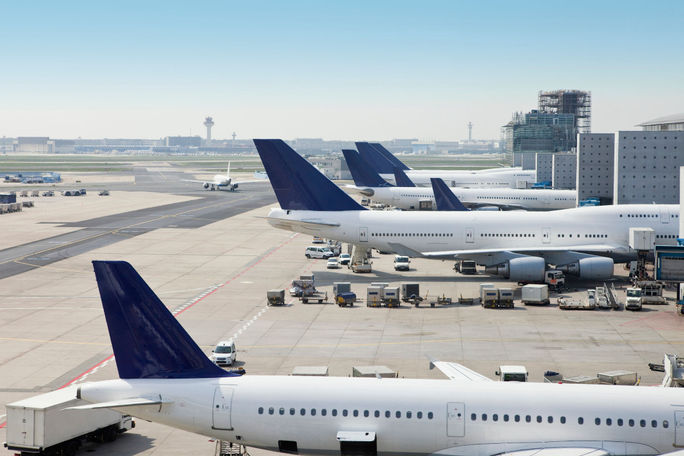Airline and Airport Associations at Odds Over Who Should Set Slot Regulations

Airline associations around the globe have called for world governments to safeguard the industry’s globally standardized airport slot regulations under the current Worldwide Airport Slot Guidelines (WASG) in order to ensure consistent, fair, and transparent dispensation of slots.
Several organizations that represent airline interests in Africa, Asia-Pacific, Europe, Latin America, the Caribbean, the Middle East and North America have issued a joint statement petitioning global governments to uphold the directives set forth in the WASG.
Speaking on their behalf, the International Air Transport Association (IATA) issued a statement in which it extolled the virtues of the WASG, saying that it has worked to guarantee uniformity and stability in slot management for decades now.
The airline advocacy organization also credited the WASG present framework with creating multiple consumer benefits, such as reliable schedules and expanded access to new destination markets, and said that airlines and airports have profited from the advantages of improved utilization of scarce capacities at busy airports.
While WASG guidelines were developed in order to provide a uniform set of standards for coordinating airport slot allocations at congested airports all around the world, in reality, they merely represent a set of best practices, and airports in some countries and regions adhere to their own established regulations.
“The air transport industry thrives on consistent global standards. The Worldwide Airport Slot Guidelines are the unsung hero the air transport system,” said Willie Walsh, IATA’s Director General. “Because of the WASG, travelers, businesses, and economies the world over have benefited from constant growth in air connectivity, strong competition, and route diversity while ensuring that utilization of scarce airport capacity also increased. Governments should align their slot rules with this global standard to benefit from better air connectivity, efficiency, and consumer choice.”
“Fragmentation of slot regulation risks disruption to airline schedules and imperils the advances in global connectivity, efficiency, competition and choice which have characterized the aviation industry in recent decades,” IATA wrote. “With the number of slot-regulated airports worldwide growing steadily, it is vital that governments recognize the importance of the harmonization of slot regulations in line with the WASG.”
According to Aviation Week, the collective stance of the world’s airport associations on the issue has clashed somewhat with that of the airline advocacy groups.
For its part, the Airports Council International World (ACI) issued its own statement, in which it acknowledged the important role of the WASG, but emphasized the, “critical need for regional-level and national-level engagement in implementing the Slot Guidelines, and the need to tailor these guidelines to the unique operational intricacies of each airport.” The trade organization wrote, “ACI World encourages governments to ensure that slot rules best meet the realities of each market and offer adaptable solutions as required to address specific challenges and opportunities.”
“The Worldwide Airport Slot Guidelines are a reference for managing scarce airport capacity, and maintaining a balanced and competitive aviation market,” said Luis Felipe de Oliveira, Director General of ACI World. “While the Worldwide Airport Slot Guidelines provide useful guidance, we must not overlook the importance of local-level involvement. By engaging the airport community directly, we can ensure that the most effective slot rules are implemented that best serve travelers and communities.”
